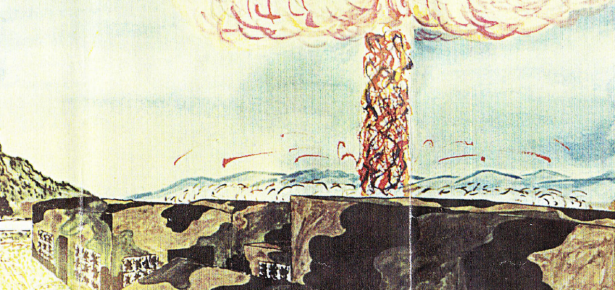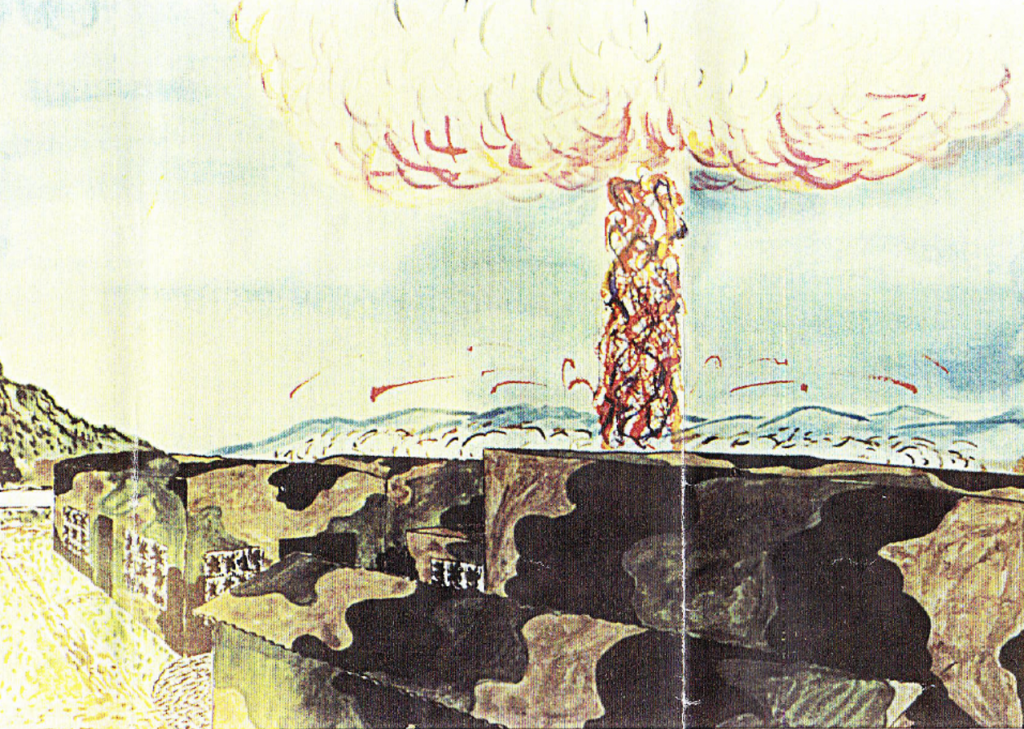
The atomic bombings of Hiroshima and Nagasaki in 1945 are often understood in dichotomy: Americans as those who used the bombs, the Japanese as those affected. I wanted to break the dichotomy by writing a history of American survivors—Japanese Americans and Korean Americans—who were in either city in 1945. Their stories have surprisingly unspooled many histories of immigration that connected, as well as separated, Asia and America.
It should not surprise us that there were thousands of Japanese Americans in Hiroshima and Nagasaki during the war. Japanese immigrants in America stayed connected with their families in Japan in the 1920s and 1930s. These immigrants were worried about their children’s future in the United States, which became increasingly hostile to Asians in housing, education, and employment. It became common for immigrants to send their offspring to Japan for a few years of education to make them culturally adaptable. Tens of thousands of Koreans, in contrast, were in either city because of Japanese colonial policies that forced them to come as laborers, students, and military conscripts. Well before August 1945, these soon-to-be survivors’ experiences had been shaped by imperialism, racism, war, dislocation, and family separation.
There were no established archives of Asian American survivors, so I conducted oral history interviews to create one. These interviews revealed a profoundly global magnitude of the nuclear weapons. These survivors’ experiences show injury caused by geopolitical tensions. Perhaps more compellingly, though, their testimonials are also about intimate, familial and communal links that people built across the ocean, then saw destroyed by the bomb. The nuclear weapons’ disregard for connections made through generations, as much as the horrors of mass death and radiation illness, struck a chord for me.
Alfred Kaneo Dote, a Japanese American survivor, greeted me in 2011 with this sharp statement: “If you want to study survivors, why don’t you go to Japan and study Japanese survivors.” Clearly, Dote was hostile, and it took me a deep breath to respond. I was nervous because I knew that the dichotomy around the bomb divided many, including survivors. I do not recall what I said, but it must have been something that softened Dote’s attitude. Next year when I revisited, Dote was friendlier. This was when he told me about Sai Sai Park in prewar Sacramento, named after a Japanese song about springtime flowers. This was also when Dote recalled his father’s love for fishing, which brought many fresh catches from Sacramento River to his family’s dinner table. These American stories were paired with his childhood memories of Japan, his family’s ancestral land Dote visited for the first time in 1936 as an eight-year-old. He was happy that a song he had learned in California was sung by his new friends at a Hiroshima school, too. Seen through the eyes of immigrants, it is lucid how the nuclear weapons had no regard for families and communities built across national borders. The weapons were to target the Japanese, but stories like Dote’s expose the fallacy of the geopolitical premise built on technoscientific illusion. Seen through the history of immigration, we find hidden nuclear stories. Dote might not have spoken with me if we both decided that the dichotomy is too powerful to overcome. When I finished interviewing Dote, he gave me a hand-drawn map of Hiroshima showing where he saw corpses. “Take this, and study hard,” he told me. Soon to be eighty-four, he was giving something new a try.

Latest Comments
Have your say!